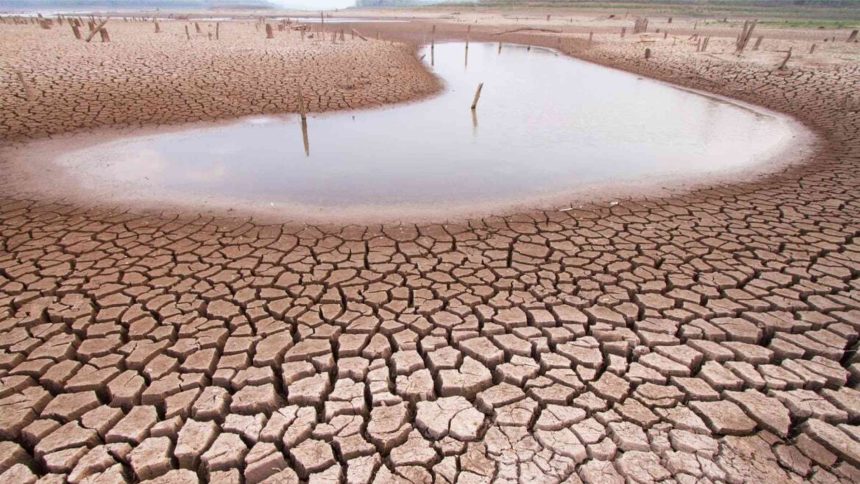Funds totaling $5.5 million have been allocated through the Central Emergency Response Fund (CERF) in response to an unprecedented drought affecting approximately 7.5 million people across 84 districts in Zambia. The majority of those affected are women and children.
According to a statement released by the UN office in Lusaka, Zambia’s capital, on Friday, the CERF funds will be utilized for emergency food aid, the distribution of clean and safe water, protection measures, and the delivery of healthcare services to address drought-related health risks, among other critical needs.
This support aims to enhance resilience within drought-affected communities to mitigate or prevent humanitarian crises, ensuring that emergency relief efforts contribute to long-term sustainability.
Penelope Campbell, the acting UN Resident Coordinator in Zambia, expressed solidarity with the Zambian people during this challenging period. She praised President Hakainde Hichilema for declaring the drought a disaster and national emergency on February 29, as well as for issuing an appeal for support, which has enabled the UN and its partners to mobilize assistance.
Hichilema’s declaration of the drought emergency highlighted the urgent need for $940.6 million to provide relief aid to nearly half of Zambia’s 20 million population affected by the drought.
Furthermore, the drought has also impacted the country’s hydro-based electricity production, resulting in a loss of over 500 megawatts in generation and necessitating daily rolling blackouts by power utility Zesco.
Vice-President Mutale Nalumango met with International Monetary Fund (IMF) Mission Chief Mercedes Vera-Martin on Thursday, expressing concern about the risk of losing crops due to emerging incidents of flooding in regions that had previously experienced good rainfall.
Of particular concern is the northern region around Lake Tanganyika, which links Zambia to the Great Lakes. The lake has experienced higher than usual water inflows due to heavy rains, resulting in floods reported in both Zambia and Burundi.





